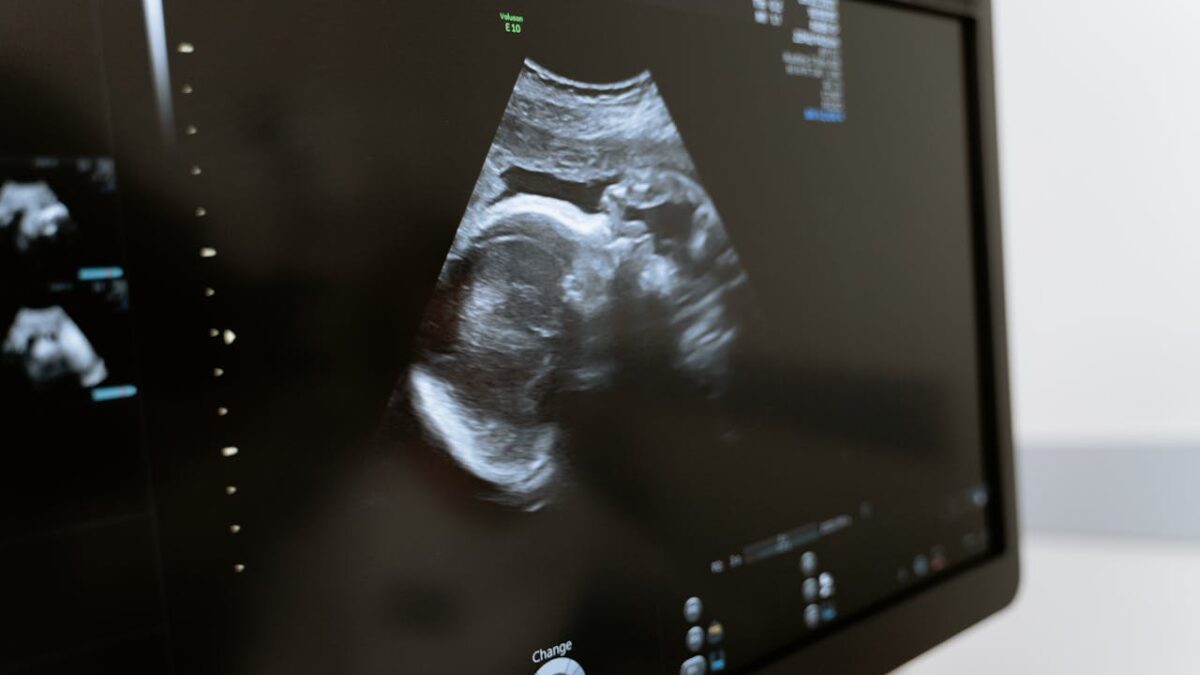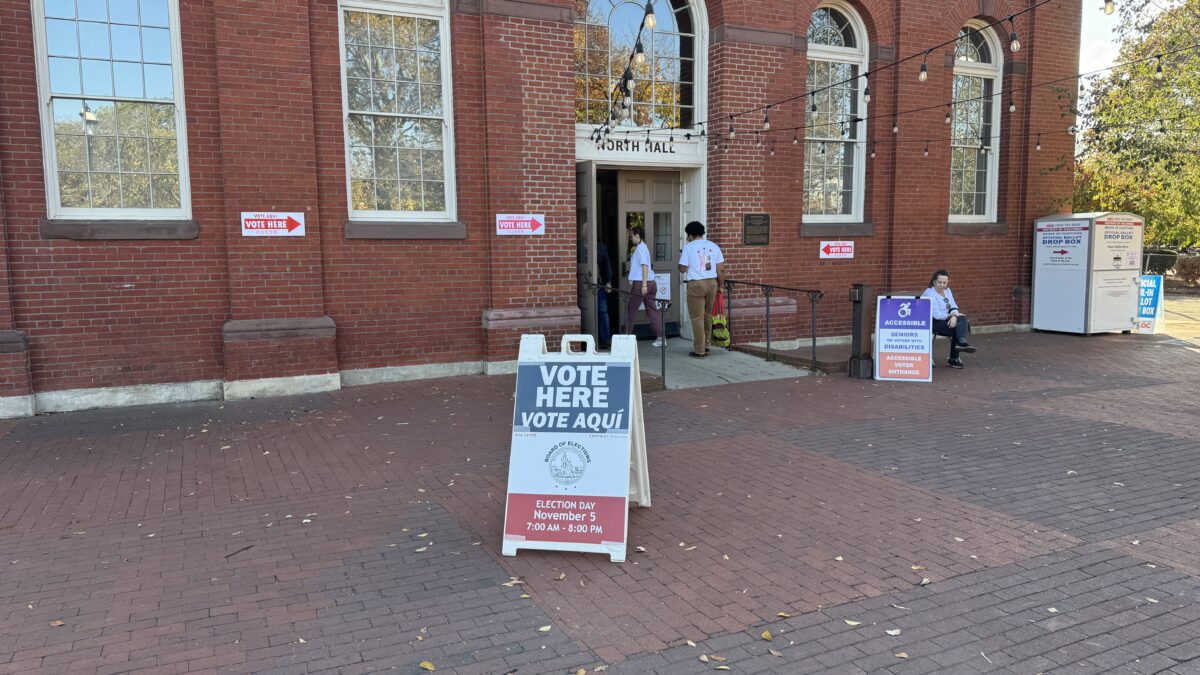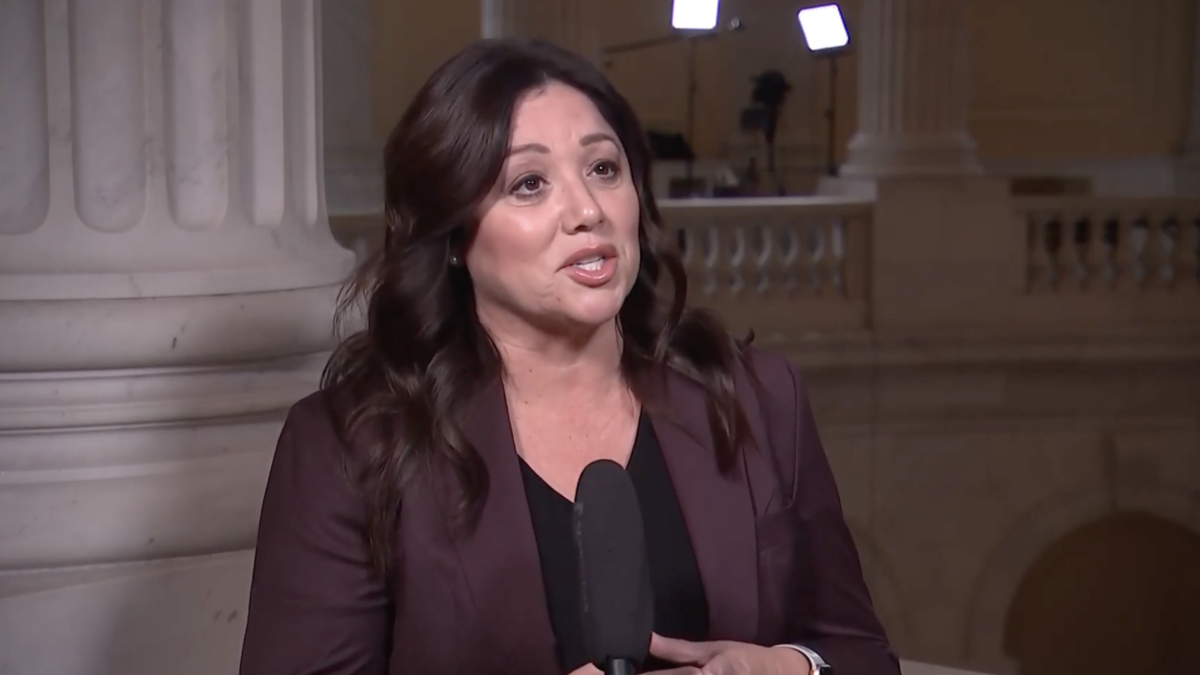
Every week or so, another glossy article is published about a gay couple (or single) who has created children with the help of the ever-growing fertility industry. The latest: “Gay Men Increasingly Turn to Surrogates to Have Babies.”
The article gives an emotional, sympathetic picture of two adult men who used technology to achieve what their joint biology prohibited: having twin daughters. Not surprisingly, the author spends no time considering the emotional wellbeing of the two little humans created through this expensive, exploitive, and experimental process.
Every time I read these articles—always crowned with perfectly-captured family pictures, always from the parent’s perspective—I can’t help but hear the voices of adult children who have suffered because of intentional motherlessness and fatherlessness.
We Aren’t Telling The Whole Story
So, indulge me a little future-tripping. Having immersed myself in the personal narratives of such children and the hard data associated with their outcomes, I thought it only fair to tell this story from the child’s perspective based on a composite sample of those who have gone before her.
Here is Baby Girl #2, in January 2042, sharing her side of “Gay Men Increasingly Turn to Surrogates for Babies.”
My dads shopped for me and my sister. They selected my genetic mother based on her race, skin color, eye color and made sure she was highly educated, athletic, and had no physical disabilities. They bought my mother’s eggs—lots of them—so they could pick the best embryos. They rented another woman’s womb for 9 months. Well, 8 months: we were premature and underweight. My dad’s decided that each of them would get one genetic child—so I’m a half-sister with my own twin, which is strange. While my two dads felt it was important to have a biological connection to their children, they didn’t seem to think that I would want a relationship with my biological mother.
When I was little, I hated Mother’s Day. I watched all my friends celebrate their moms and wished I had one too. I always wondered where my mother was that day. Did she think of me as much as I thought about her? But then, I wasn’t sure who to think of as my mom: the one that I get my nose from, or the one that gave me my taste for spicy food? My dads told me to make cards for my grandma instead. It was confusing because women mattered enough to celebrate my grandma but not enough for me to have a mother. I wanted a mom like my friends but I didn’t want to talk about it because I didn’t want to hurt my dad’s feelings. It’s hard to talk with your dads about missing your mom when they are responsible for you not having one. How do you sit someone down and essentially tell them that they are not enough of a “family” for you? There were times I felt so sad and angry with my mom for not being there for me, and then times I felt angry with myself for even wanting a mom to begin with. But I did. And I do.
Growing up, I loved staying at my friend’s house who had a mom. Sometimes her mom would get out her wedding dress so we could be princesses, and I would feel jealous of my friend because I wished there was a wedding dress in the attic at my house. In elementary school, I had some “adjustment issues,” and they started me on Ritalin for ADHD in fourth grade. I was pretty connected to my genetic dad, but not so much to my other father and I felt guilty about that. I struggled with identity issues. As a teenager, I spent a lot of time online looking for my other half-siblings out there. I can’t access records about my egg donor mom because of the Cryobank policies. I’ve seen pictures of my surrogate, but she doesn’t look anything like me. I have adopted friends who are searching for their birth moms, but I don’t really have a birth mom. I have a donor and a surrogate. So I can’t even fantasize about finding that one woman that I long for.
On the rare occasion that I dared to voice my desire for a mother, the response from adults was “you’re so wanted” or “you should feel lucky to have two parents who love you” or that I “should grateful to be alive.” There was this sense that “we paid for you, you’re our kid, you’re not supposed to go out and seek anyone else.” But something inside of me desperately wants to know that other half of my DNA. I lost sleep over it. I do love my dads, but the more they told me about my conception, the more uncomfortable it felt that they spent so much money to make me. And I wondered what would have happened if I had the wrong physical characteristics or had a disability. Would they have “chosen” me or disposed of me? I’m 25 now and my twin sister, who never seemed phased by any of this before, was just diagnosed with depression and has started taking antidepressants. Sometimes I just feel lost.
A Growing Trend of Violating Children’s Rights
The child’s story sounds very different from the one shared in the original article, yes?
These two men had a deep-seated urge to be fathers. How wonderful is that? However, fathers are supposed to be self-sacrificing and these men, motivated by their feelings alone, chose to sacrifice the need those girls have for a mother instead of facing the biological truth of their life choices. In other words, instead of dealing with their feelings of loss, they have ensured a lifetime of it for their children.
But beyond the feelings of either the adults or the children, this article illustrates a growing trend in the violations of a child’s fundamental rights. You may have skipped reading the actual article because, like me, you know this kind of puff piece will focus solely on the desires of adults. So I pulled out some of the less-than-ethical details for you to chew on. Conveniently, they can be found in one tidy excerpt:
“Eggs were extracted from the egg donor and fertilized. Then two of the best embryos were implanted in the surrogate’s uterus; one of them biologically belonging to Hastings, the other to Hoppe-Hastings. There were more bumps in the road: The girls were born 6 weeks early and had to spend 19 days in a Chicago-area hospital’s neonatal intensive care unit.”
What Children’s Rights Are At Stake, Exactly?
So. Let’s play Name That Child’s Right’s Violation, shall we?
- Commodification of Children. Children are not products, they are humans with inherent rights and thus worthy of protection. Selecting desirable embryos based on health, appearance, gender, race, or other characteristics treats humans as products, not people. This kind of behavior is appropriate when purchasing a car, but not when having a child.
- Right to life. The embryos deemed unacceptable were likely destroyed. And often commissioning parents will, for the sake of maximizing their investment, implant multiple embryos and then “selectively reduce” (that is, abort around 20 weeks) the unwanted children, even if they are perfectly healthy.
- Right to their mother. Children have a right to both biological parents. They are not items to be cut and pasted into the romantic configuration of adults. Like every other child, these girls are made by, and will likely long for, a relationship with both biological parents. Kids don’t just need “love and safety.” They actually crave male and female parental love and receive unique and complimentary benefits from both mother and father.
- Right to their genetic information. Children crave, and have a right to, their biological identity. Not only because they want to understand who they are, but it’s also critical for their long term medical health- and the health of their own children. It’s a violation of a child’s right to arbitrarily deny them access to half of their biology.
- Right to their heritage. Biological connection mattered enough for these commissioning fathers to ensure that each dad got one biological child. Probably because they wanted grandchildren and great-grandchildren related to them as well. But it works the other way too. Children have a right to know, and desire to be known by, both sides of their extended family and racial/ethnic culture whenever possible.
- Right to be born free—not bought and sold. As mentioned in the article, purchasing eggs and employing a surrogate costs $100,000- $200,000. Many children born via sperm and egg donation are troubled that money exchanged hands over their conception, no matter how little. I heard one adult child painfully remark “My father (sperm donor) was paid $75 to stay out of my life forever.”
- Subjecting children to increased medical risks. Pregnancies resulting from reproductive technologies are more likely to involve complications. Children born through surrogacy, for example, are more likely to be premature, suffer from low birth weight, and have trouble adjusting likely due to “the absence of a gestational connection to the mother.”
Bonus points if you noticed the complete absence of any information regarding the risk to the egg donor and surrogate themselves.
Respect Children’s Needs Over Adults’ Desires
A better way is for adults to recognize and build their lives and choices in such a way as to respect the fundamental rights of children, regardless of their feelings. But this is 2017, when we worship at the altar of adult desires.
Stories about intentional motherlessness and fatherlessness will always depict the adults as victims, and children as something owed to them. Don’t be duped. When it comes to surrogacy and third-party reproduction, it’s not the adults to whom we owe our sympathy, it is the children.
This will not be the last story you’ll read of children being conceived through sperm donation, egg donation, and surrogacy. (And they’re always told from the glowing perspective of the parents.) So arm yourself with real-life data and stories about the actual impact these reproductive technologies and alternative family structures have on children.
There’s always another side of the story. And it’s the children’s side of the story that deserves our attention.








